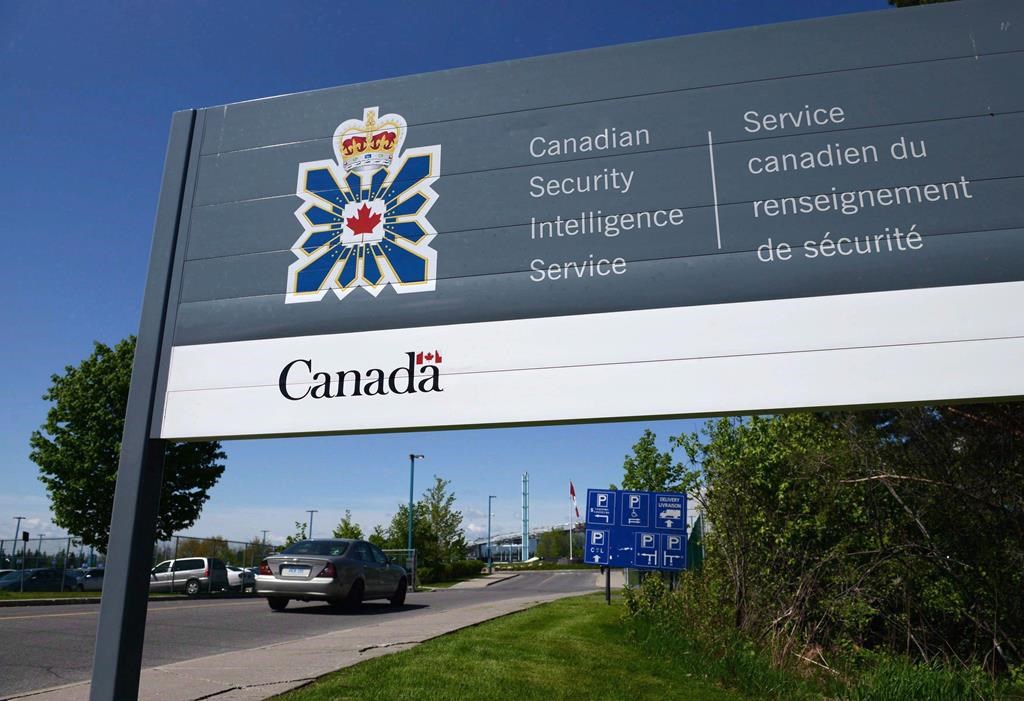MONTREAL – A former Canadian Space Agency engineer accused of using his position to act “on behalf of a Chinese airline” was the subject of a warning from the Canadian Security Intelligence Service in 2015, according to recently released court documents.
Search warrant requests to search Wanping Cheng’s residence, phone and emails were announced following a court petition filed by lawyers from La Presse and CBC/Radio Canada.
Mr Zing, 61, a resident of Brossard, on the south shore of Montreal, is accused of breach of trust by a public official, “in connection with illegal activities in parallel with his duties at the CSA.”
The allegations have not been examined by the courts.
Zeng’s lawyer, Andrew Barbaki, contacted on Tuesday, said he was still waiting for evidence in this case to be revealed and had little to add at this time.
According to the indictment, the crime occurred between July 1, 2018 and May 30, 2019, in Broussard and Saint-Hubert, where the Canadian Space Agency (CSA) was established, but also in Toronto, Ottawa and elsewhere in Ontario and Quebec. .
Three warnings
According to police statements sworn in to obtain search warrants, the Canadian Security Intelligence Service (CSIS) issued three warnings to the space agency: in September 2015, then in March and May 2016. CSIS said it was concerned about “Mr Zing’s reliability” — essentially His “security clearance” with the federal agency.
According to the documents, the first warning, in 2015, made no mention of what sparked CSIS’ concerns. But a few months later, the ASC was questioned whether Mr. Zheng had access to information about the anti-vibration table, which is the agency’s intellectual property.
The court document notes that despite CSIS’s three warnings, Mr Zheng’s security clearance was renewed by the space agency in April 2017 – but only for two years, instead of the usual 10, to ensure that she respects internal policies.
Later in 2017, CSIS declined to participate in a briefing at the space agency because Mr. Zheng would have been present. Then, in May 2018, Mr Zheng went on six months of unpaid leave – and was reportedly again reminded of the conflict of interest rules.
RCMP Alert in 2019
Six months later, in December 2018, Mr. Zheng learned that he was under an internal investigation by the agency; He went on sick leave after three days. Resigned from his acting position in September 2019 AD; Six days later, agency officials contacted the Royal Canadian Mounted Police.
The Royal Canadian Mounted Police said an integrated National Security Enforcement Team (INSET) opened an investigation in October 2019. This unit is investigating activities by or for foreign actors that pose a risk to Canadian institutions and the economy.
In the affidavit accessing Mr Zheng’s BlackBerry phone, authorities allege that he represented or acted on behalf of at least five companies while working as an engineer for the space agency, and that he used his position to facilitate relationships with two companies outside his jurisdiction.
Last December, the Royal Canadian Mounted Police said in a brief statement on the charge that “Mr. Zheng had used his position as an engineer within the ASC in order to negotiate agreements to install relay stations intended for satellite communication in Iceland.” The RCMP then added that Mr Zheng “would have acted on behalf of a Chinese airline”.
26 years working at ASC
Court documents show that Mr. Zheng had worked for the space agency for 26 years, between 1993 and 2019. During that time, computer technicians from the agency found secure file-transfer software on his computer and an encrypted messaging application, which was against CSA internal rules. .
The CSA had earlier said that when concerns emerged about Mr. Zheng’s activities, it opened an internal investigation and restricted his access until his working relationship ended in 2019. The agency said it was confident these measures would prevent any improper disclosure of information. It also confirmed that it decided to strengthen security measures to protect information, people and property.
A spokeswoman for the space agency said she could not comment further due to the ongoing case, which will return to court in Longueuil on Thursday.
Last February, the federal government submitted an application to the federal court, under the Evidence Act, to try to prevent disclosure of some sensitive information in Mr Zeng’s legal case. Government prosecutors argued that disclosure of sensitive or potentially harmful information could harm national security.

“Subtly charming problem solver. Extreme tv enthusiast. Web scholar. Evil beer expert. Music nerd. Food junkie.”


